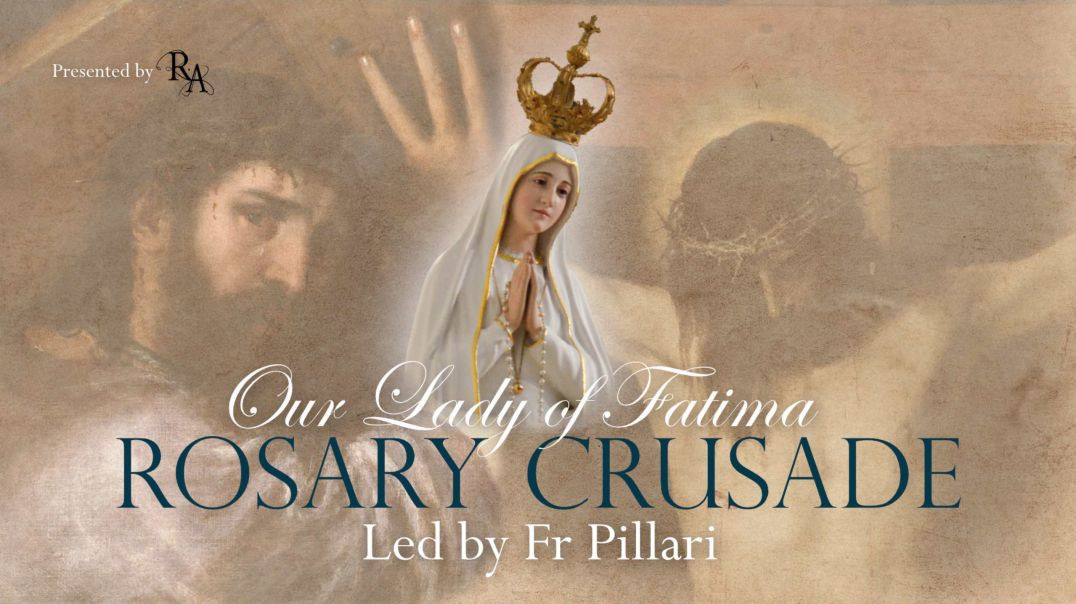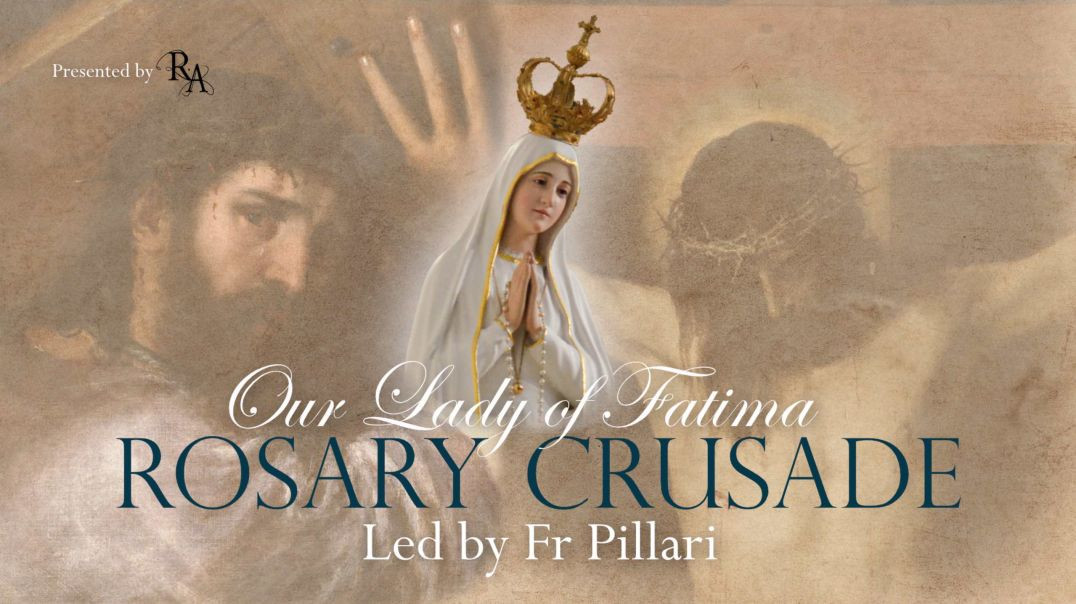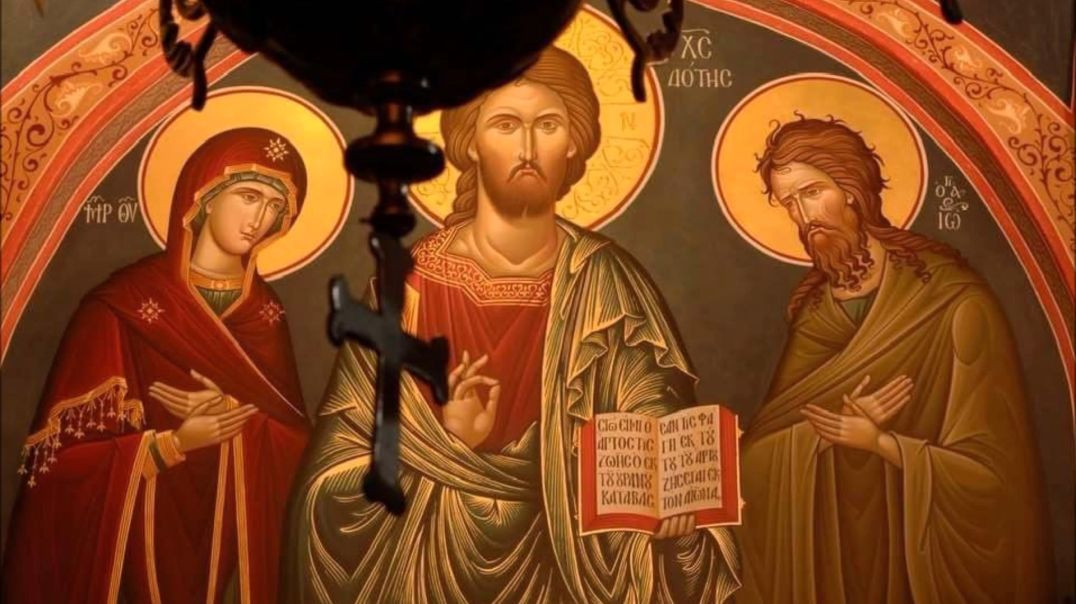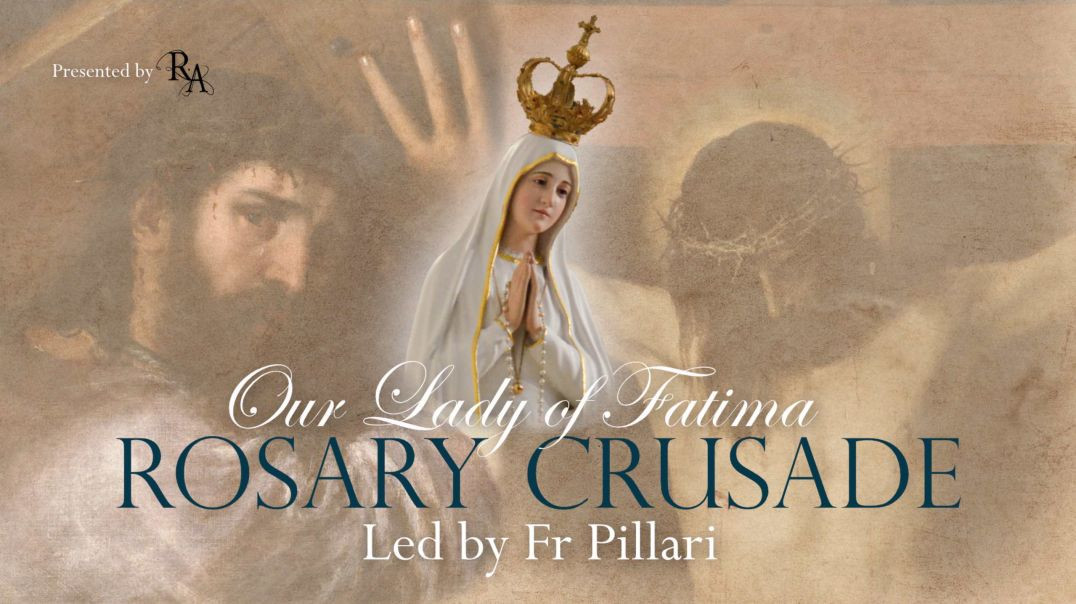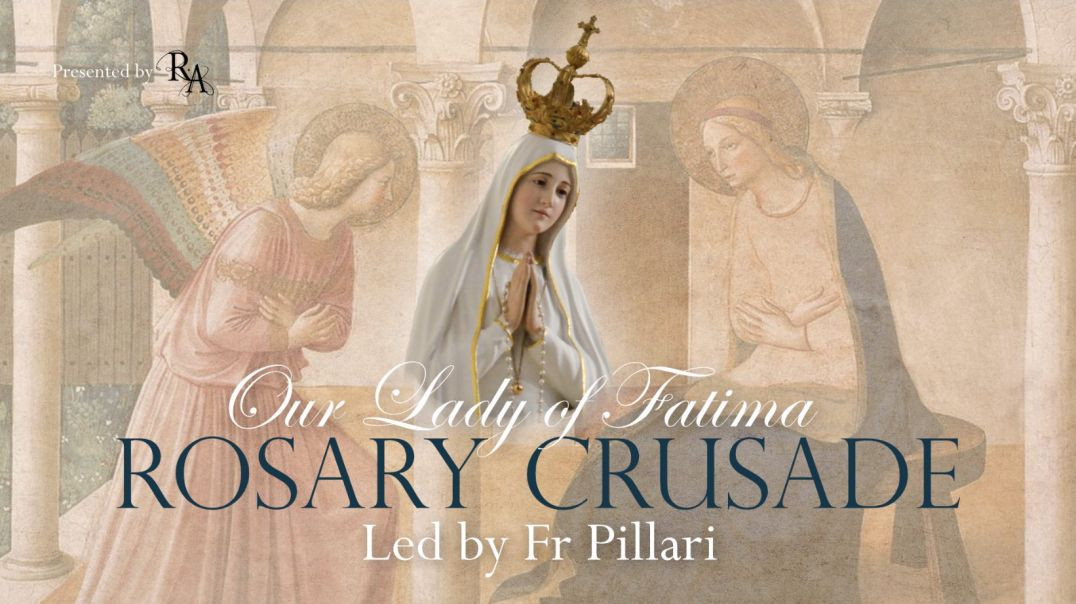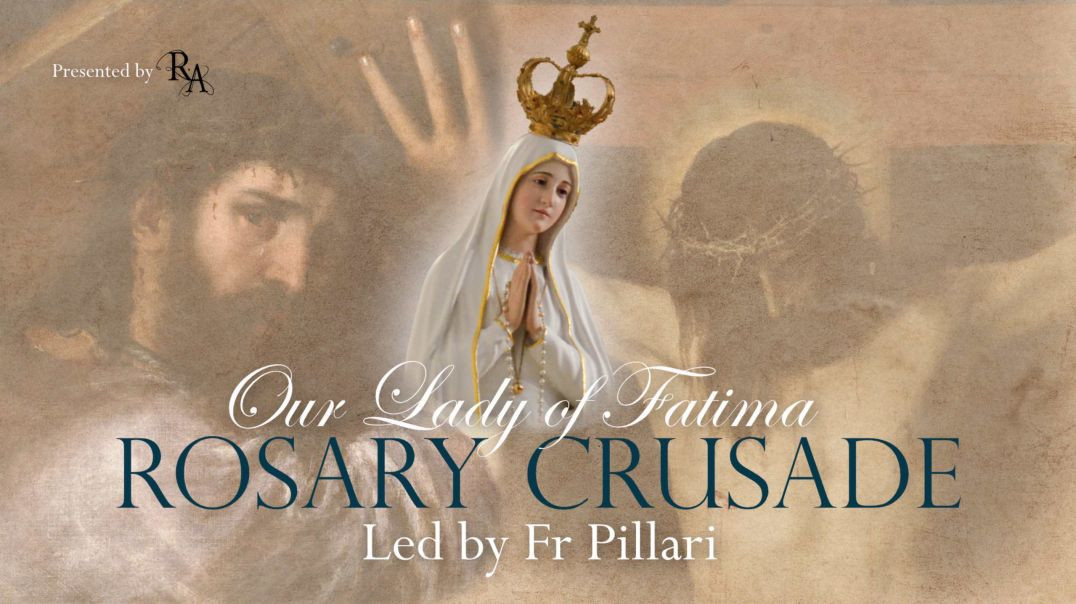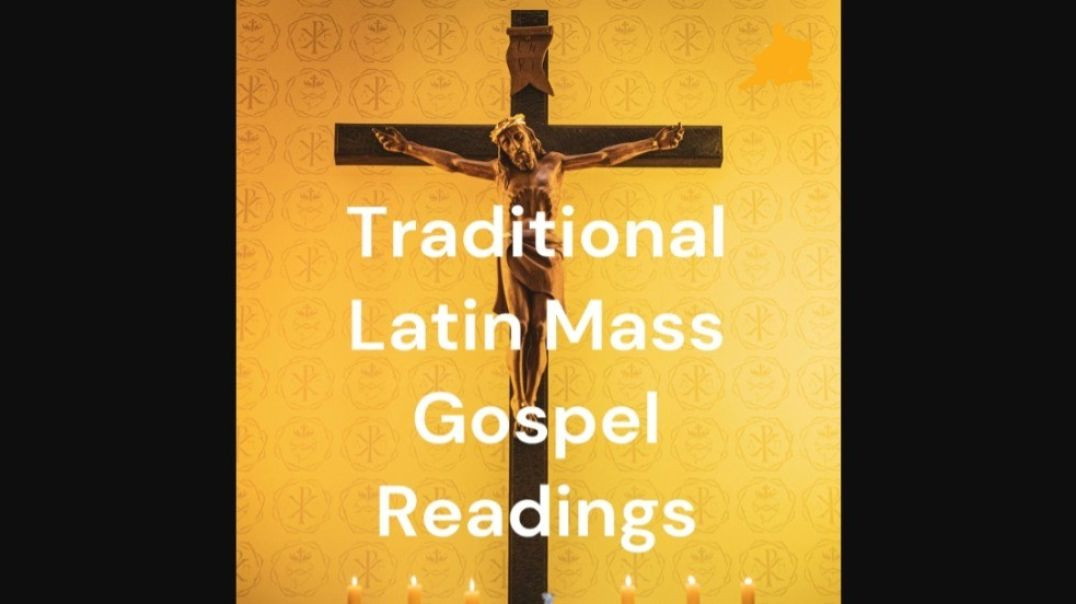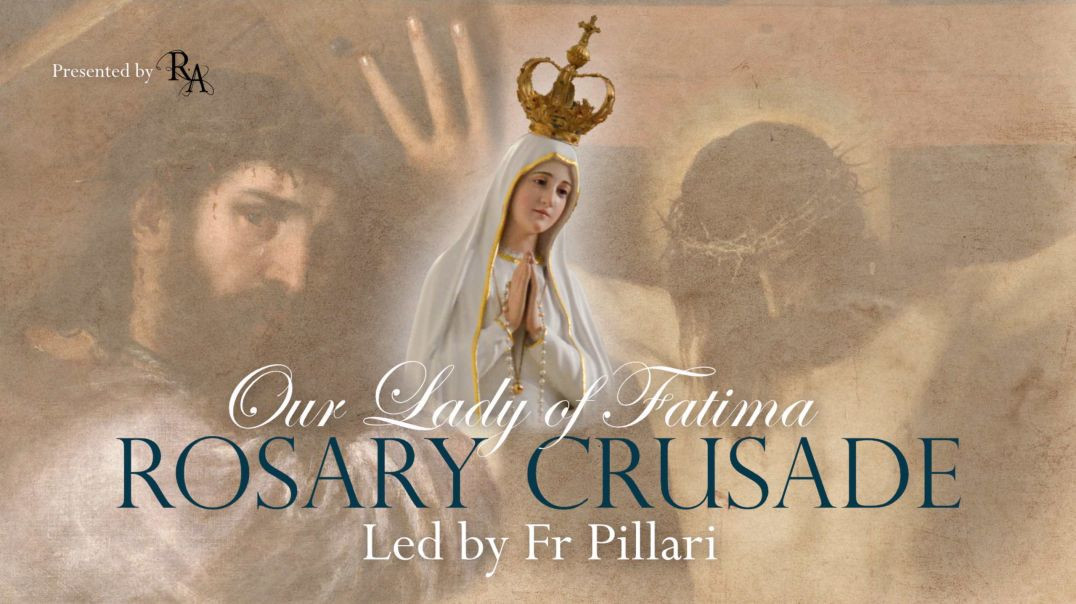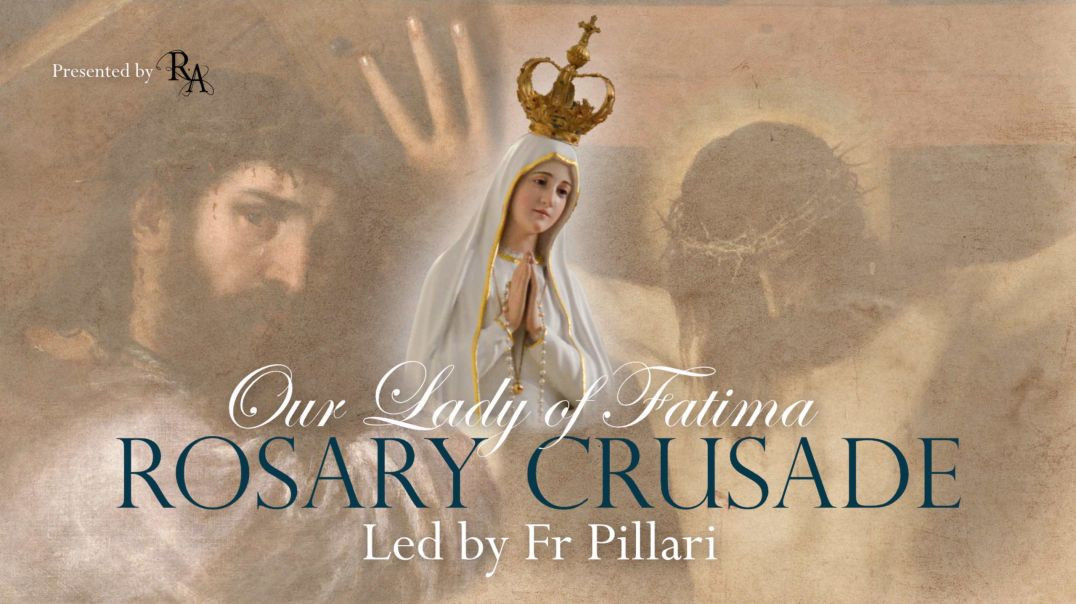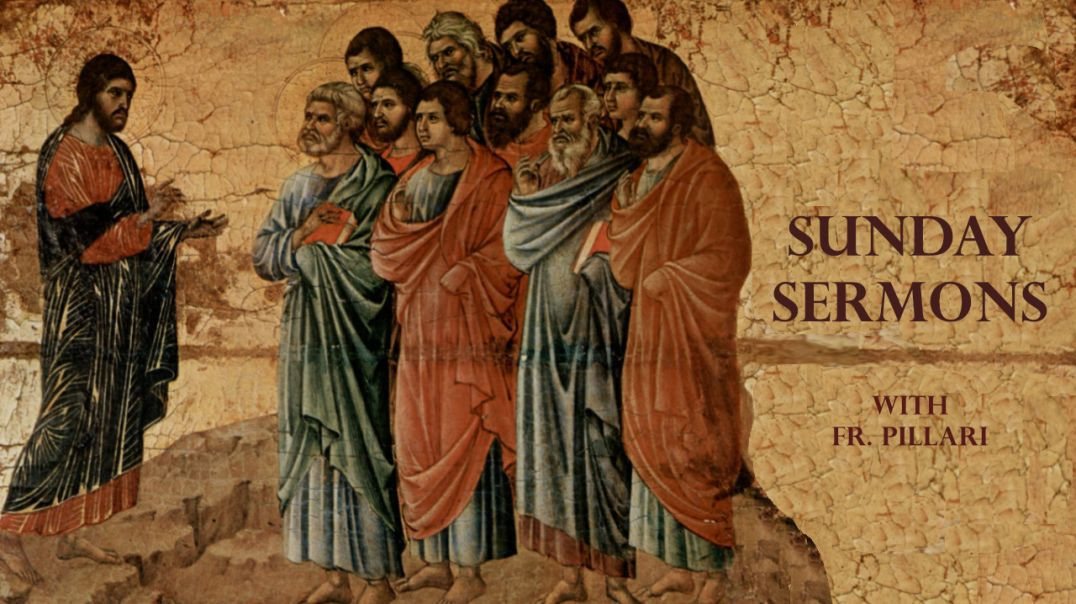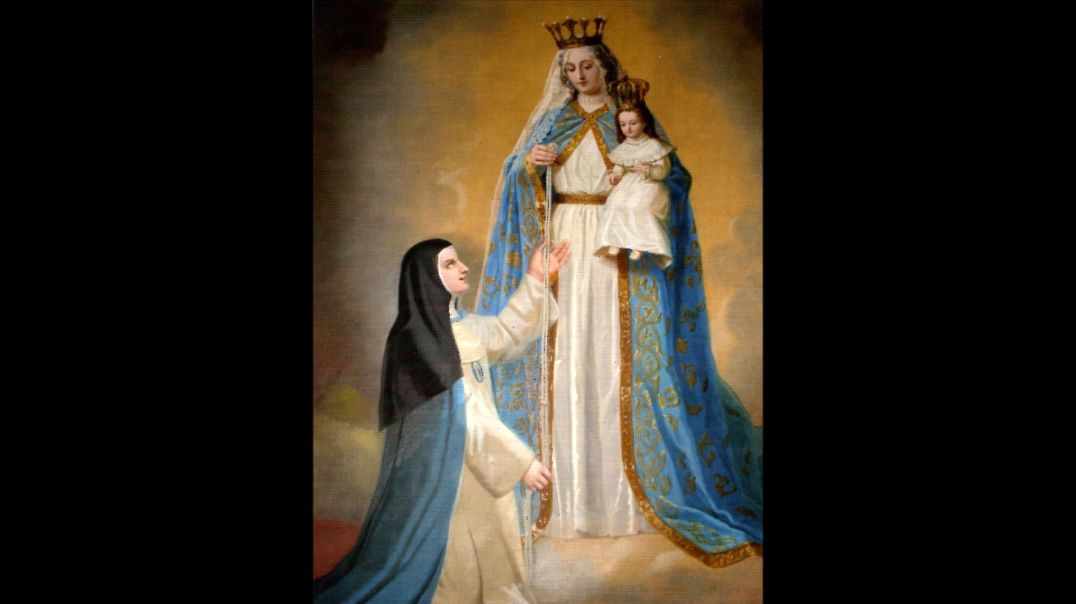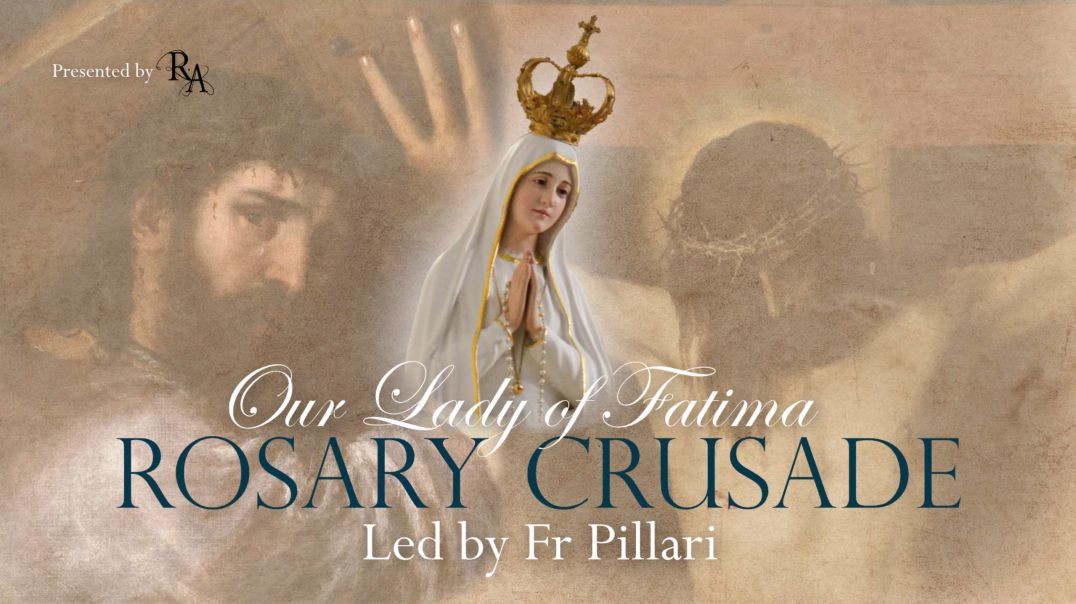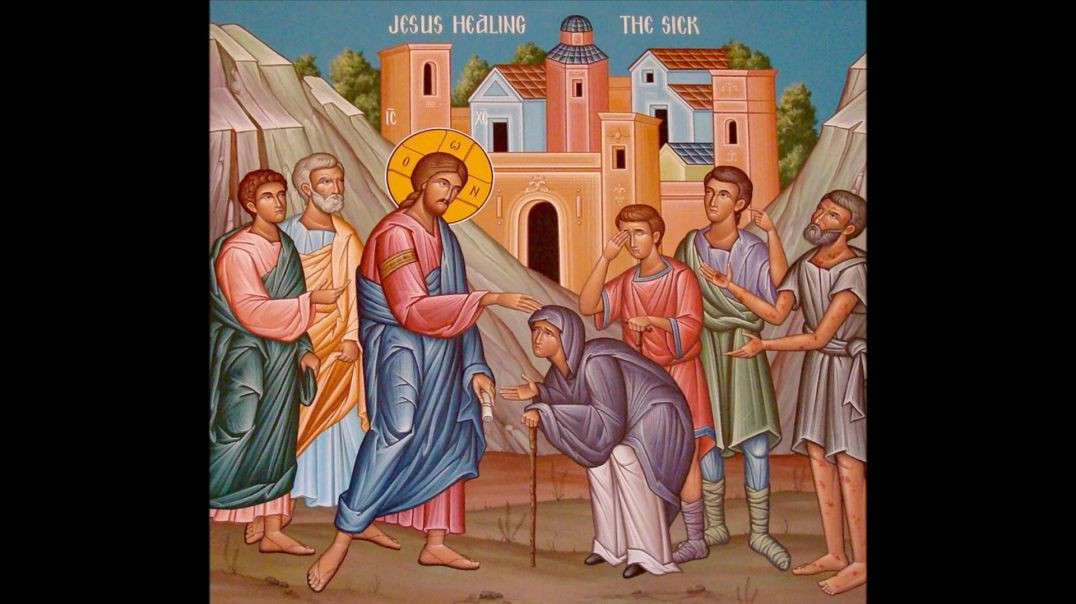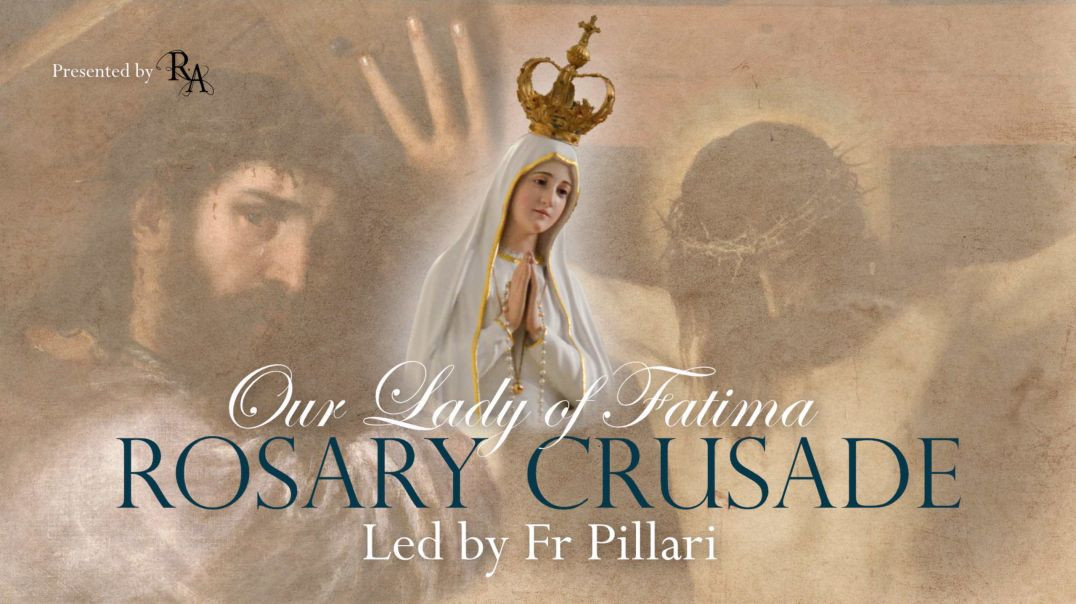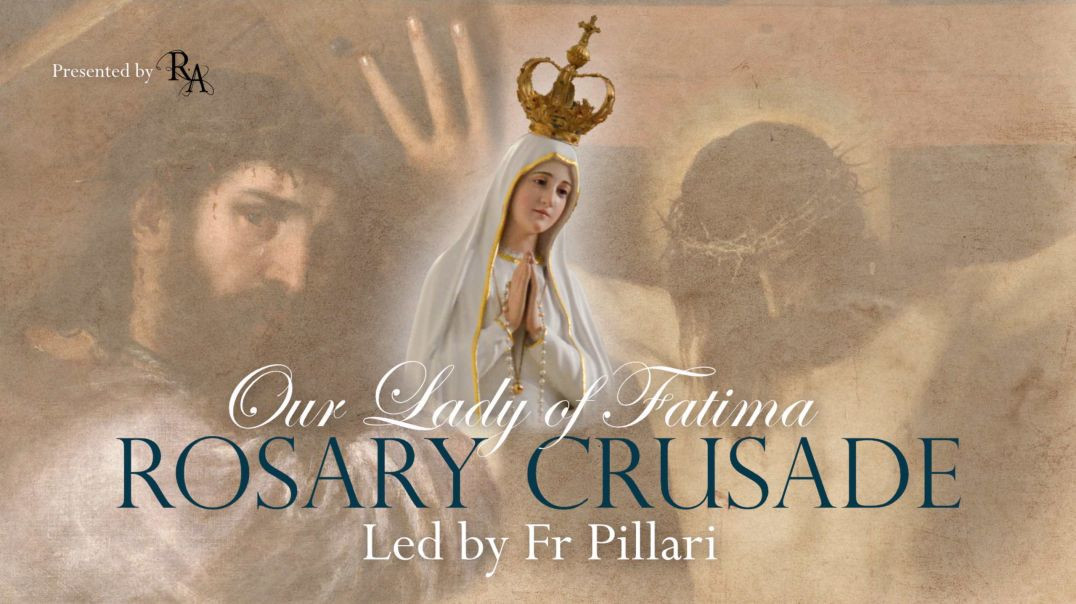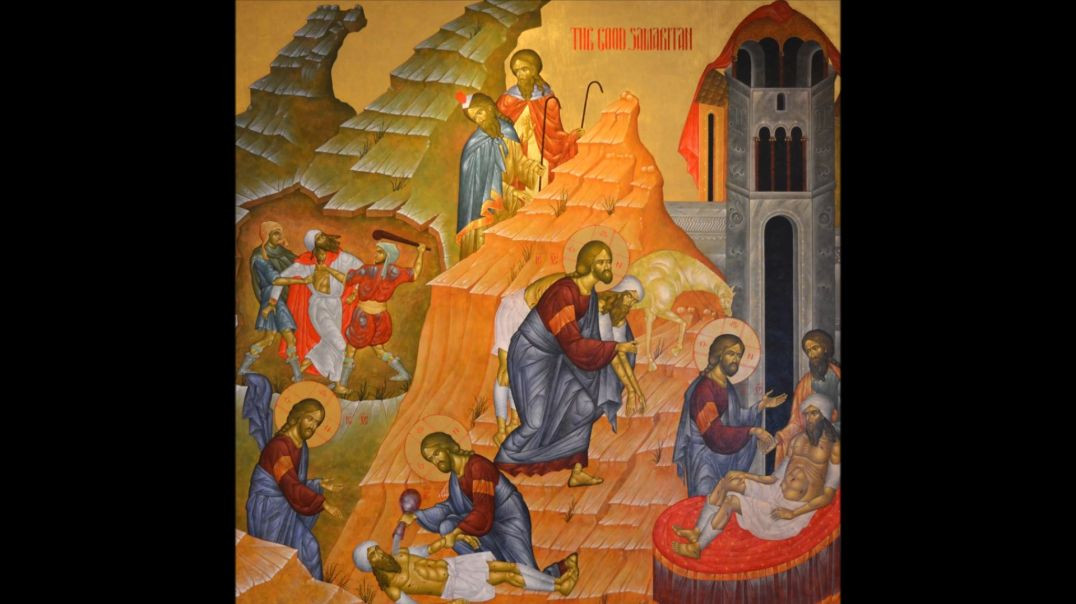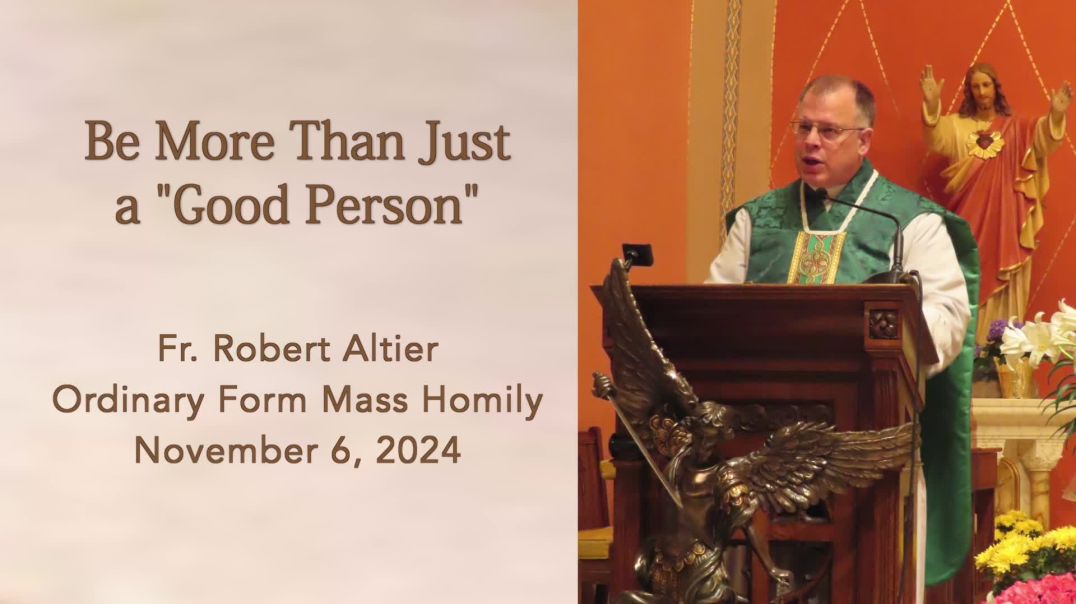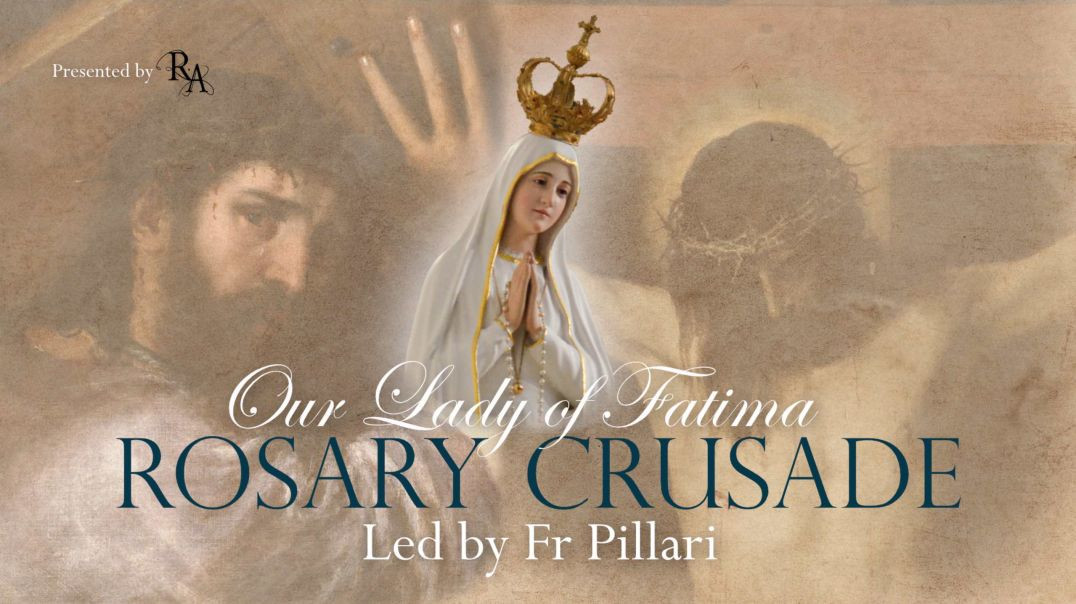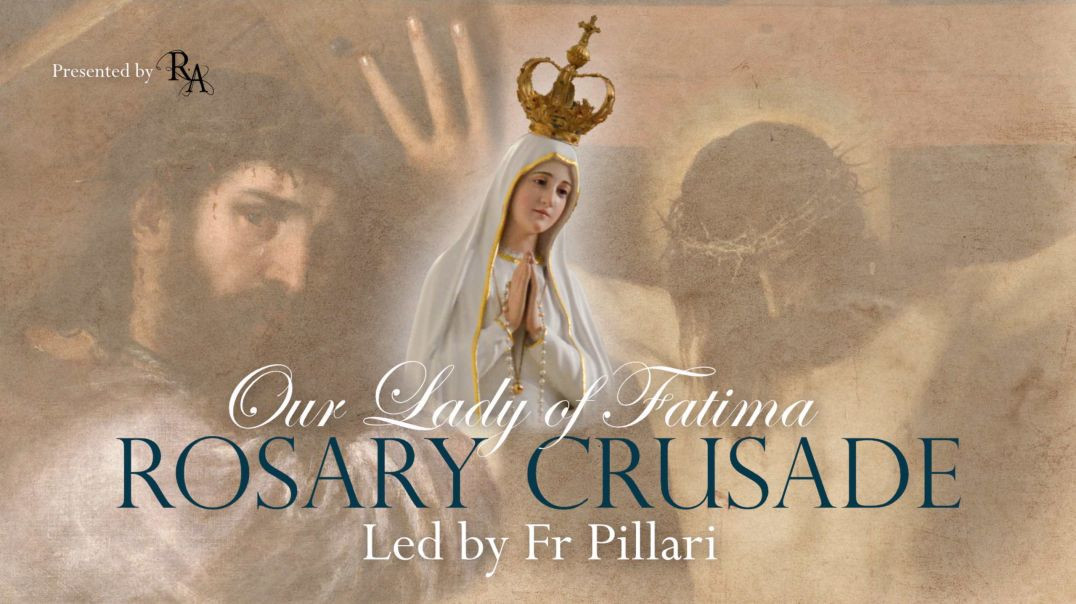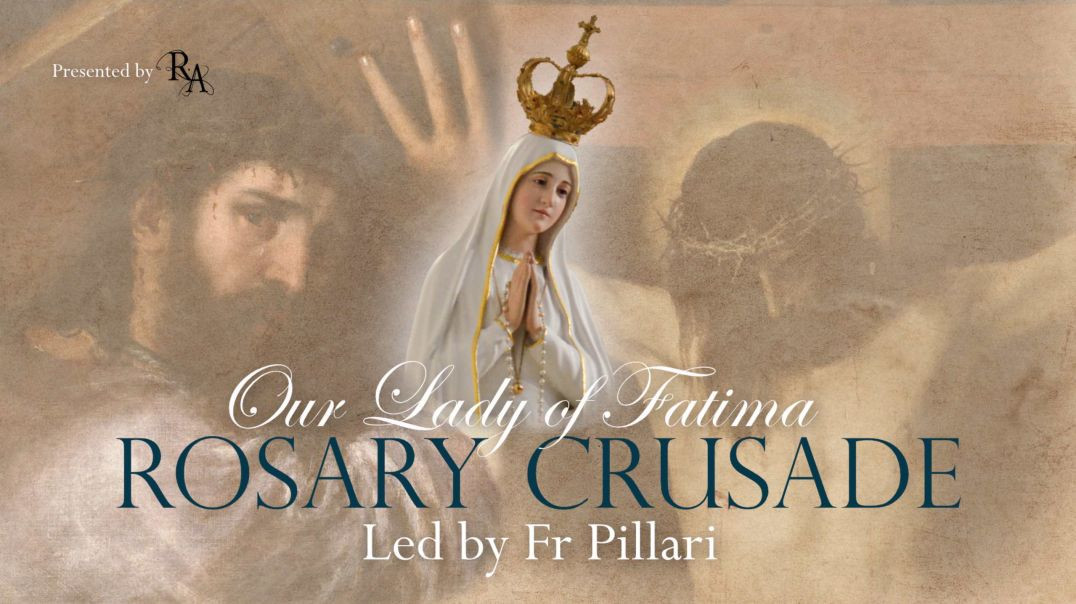Resp. Tenebrae factae sunt | Gregorian Chant for Good Friday
During the Triduum (Holy Thurs, Good Friday, Holy Saturday), the offices of Matins and Lauds are combined into what is known as "Tenebrae", meaning "darkness". It takes this name because it is traditionally prayed early in the morning - or the night before - in darkness, by candle light, and also because of the 5th Responsory on Good Friday whose text begins with "Tenebrae factae sunt" (and there was darkness), speaking of death of our Saviour, Jesus Christ, on the holy cross. The melody for this particular Responsory is particularly famous for its beautiful expression: at the words "Jesus cried out in a loud voice" it ends on a FA, then the next phrase "My God, why hast Thou forsaken Me?" begins an interval of a 6th higher - an unusual and rare interval in Gregorian Chant - followed almost immediately by a leap up another 4th to the high SOL on the very words of Christ's crying out to the Father. Once this cry has finished, it then descends a tritone - another very unusual and rare interval in Gregorian Chant - to begin the next phrase, "And He bowed His head and gave up the spirit."
English translation:
There was darkness when the Jews crucified Jesus; and about the ninth hour (3pm) Jesus cried out in a loud voice: "My God, why hast Thou forsaken Me?" And he bowed His head and gave up the spirit.
V. Jesus cried out in a loud voice, "Father, into Thy hands I commend my spirit. And He bowed His head and gave up the spirit.
Download this song at: https://www.GregorianChantAcademy.com/
Sign up for an online Chant Course at: https://www.GregorianChantAcademy.com/courses
Give a tip or become a monthly supporter at: https://www.GregorianChantAcademy.com/give
Special Thanks to my top Patreon and Coffee supporters:
Sergio Ubach, Maurisa Mayerle, Mary Catherine Maxian, Andy Mozisek, John Lyssikatos, Sheila McBride Mullaly, Alicja and Herve Blanquart, Collen Lunt, Ted Naff, Andrew Hattrup, Paul Hattrup, Noreen Cabili, Shirley Dunnells, Chavel Dixon

